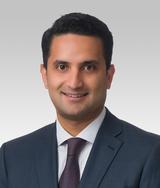Vascular Surgery Integrated Residency Program
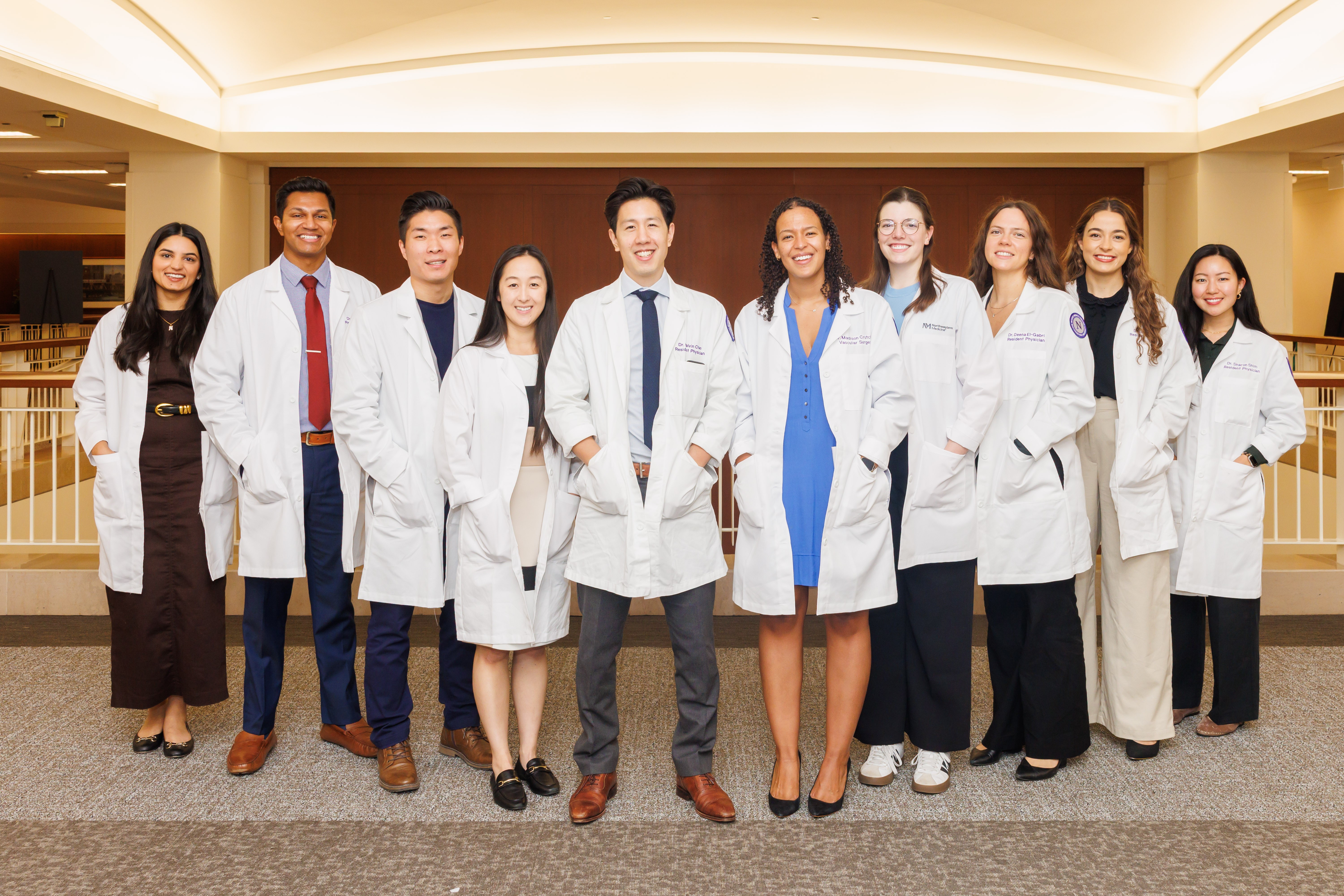 Established in 2009 by Dr. Mark Eskandari, the Northwestern Vascular Surgery Integrated Residency Program is one of the earliest integrated training programs developed nationally. This residency program—comprises five clinical years and up to two years of academic development and research—equips trainees with the skills and tools necessary to launch successful academic careers in vascular surgery.
Established in 2009 by Dr. Mark Eskandari, the Northwestern Vascular Surgery Integrated Residency Program is one of the earliest integrated training programs developed nationally. This residency program—comprises five clinical years and up to two years of academic development and research—equips trainees with the skills and tools necessary to launch successful academic careers in vascular surgery.
During the first three years, residents develop a strong clinical foundation in general surgery and vascular surgery through their core rotations. Following this, residents have the option to pursue dedicated academic development time, tailored to their academic interests and long-term goals through one of three pathways:
- Basic science/translational research
- Health services/outcomes research
- Biomedical engineering
The final two years are dedicated entirely to vascular surgical care, with rotations primarily at the downtown campus of Northwestern Memorial Hospital, as well as at Jesse Brown Veterans Affairs Medical Center and Lake Forest Hospital.
The program produces highly competent vascular surgeons who will provide comprehensive, compassionate care for patients with complex vascular diseases using advanced open and endovascular techniques. Our graduates are also well-prepared to advance into academic and leadership roles.
Training takes place in a busy tertiary referral center that manages complex vascular cases. The Division of Vascular Surgery prides itself on a strong academic tradition and a commitment to innovation and excellence.
Our program offers a broad-based experience in medical management, traditional open surgery, complex endovascular procedures, and outpatient venous care. Additionally, residents provide surgical support to a variety of other specialties, including neurosurgery, orthopedic surgery, surgical oncology, and urology.
Program Highlights
- Our 5+2 and 0+5 vascular training programs work in tandem, providing a successful training complement.
- We maintain a robust group of physician extenders that protects the learning environment of our residency.
- Five core vascular faculty hold appointments at Jesse Brown VA Hospital, a participating site.
- Given the excellent reputation of our division, we are referred many complex, re-operative cases, which provides exposure to our residents and fellows.
Our Residents
Find our current list of Vascular Surgery residents here.
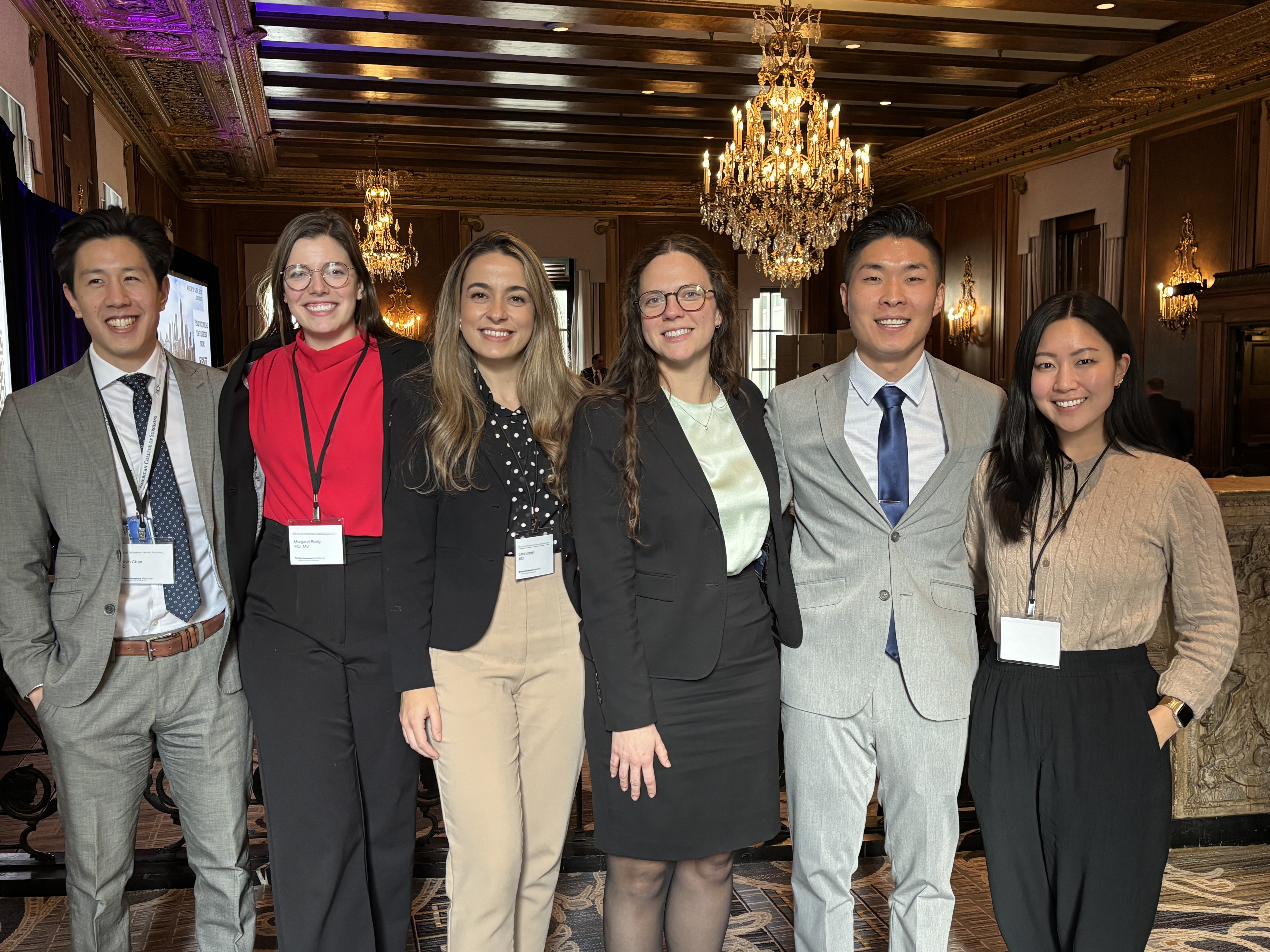
About the Program
Curriculum
The program curriculum consists of three years of core general surgery training, with emphasis on 15 months (divided among PGY 1-3) or 39 months (total) spent in vascular surgery rotations. A National Institutes of Health (NIH) T32 Grant gives residents the opportunity to complete a two-year research experience during the third and fourth years of residency. The last two years of residency are dedicated to endovascular and open vascular surgery education, which parallels our 40-year-old traditional fellowship program.
The majority of the education is received at our primary site, Northwestern Memorial Hospital in downtown Chicago. Additional exposure to diverse socioeconomic populations is provided through rotations at the Jesse Brown VA Hospital and Northwestern Medicine Lake Forest Hospital. Each site has sufficient clinical volume in open and percutaneous endoluminal interventions to satisfy training requirements.
Graded independence is the teaching model of our program. With the advancement of each clinical year, the experience and responsibility in the inpatient management and operative care of vascular patients increases. During vascular rotations, residents spend one day per week in the vascular outpatient clinic, in addition to their inpatient experience.
In addition to the general surgery faculty involved during the first three years of residency, six board-certified vascular surgeons with strong academic profiles participate in the education of the residents.
Our strong academic tradition and status as tertiary referral center for vascular diseases allows the program to expose residents to a wide variety of highly complex vascular issues with an emphasis in academic development. Upon program completion, candidates will be eligible for primary certification in Vascular Surgery.
Rotation Schedules
| PGY-1 |
4 months Vascular Surgery (2 NMH & 2 VA) 3 months General Surgery 1 month Thoracic Surgery 1 month Plastic Surgery 1 month Surgical Oncology 1 month Colorectal 1 month Surgical Intensive Care Unit (SICU) |
| PGY-2 |
8 months Vascular Surgery (3 NMH, 4 VA, & 1 LFH) 1 month Transplant Surgery 1 month Plastic Surgery 2 months SICU (1 nights) |
| PGY-3 |
8 months Vascular Surgery (3 NMH, 3 VA, & 2 LFH) 1 month Cardiac Surgery 1 month Thoracic Surgery 1 month Plastic Surgery 1 month Surgical Oncology |
|
2-Year Research Experience (required) |
|
| PGY-4 | 12 months of Vascular Surgery (7 NMH, 1 LFH, & 4 VA) |
| PGY-5 |
9 months of Vascular Surgery (6 NMH & 2 LFH) 1 month Interventional Radiology (IR) 2 months Clinical Research |
Subspecialty Rotations
Subspecialty rotations in Interventional Radiology and the Vascular Laboratory occur during the fifth year of residency at our primary training site. Time spent in the Vascular Laboratory interpreting noninvasive studies, along with the Blood Flow Curriculum, allows trainees to qualify for the Registered Physician Vascular Interpretation.
Application Process
Candidates for the Vascular Surgery Integrated Residency Program (0+5) must earn a medical degree from an accredited medical school before the start of residency. The program participates in NRMP and ERAS; therefore, all candidates participate in the Main Residency Match in mid-March. Complete applications must be submitted to ERAS for review by mid-Oct.
Required components of the application process include:
- A completed AAMC-NRMP application for Vascular Surgery Residency
- A letter from the medical school dean's office
- An official copy of your USMLE scores
- An official medical school transcript
- Two letters of reference preferably from vascular surgery faculty members
After careful review by our faculty, selected applicants will receive email invitations for formal, virtual interviews.
Why Northwestern?
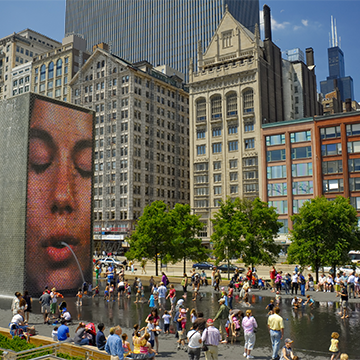 Housestaff training through McGaw Medical Center of Northwestern University provides diverse and challenging clinical experiences and world-class education located in the heart of the beautiful city of Chicago.
Housestaff training through McGaw Medical Center of Northwestern University provides diverse and challenging clinical experiences and world-class education located in the heart of the beautiful city of Chicago.
Watch Our Videos
Contact Us
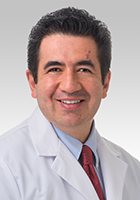
Heron E. Rodriguez, M.D.
Professor of Surgery & Radiology
Program Director
312.695.6107
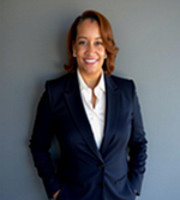
Kelli Thornton
Program Coordinator
312.695.6107
676 N. Saint Clair Street, Suite 650
Chicago, IL 60611
312.695.6107
Physician-Scientist Training & Resources
We offer a wide range of resources, mentorship opportunities and formal training programs to help our residents and fellows excel as physician-scientists. Explore all of the resources and hear from housestaff who are making research a major part of their career development plans.
VISIT THE STARZL ACADEMY SITE